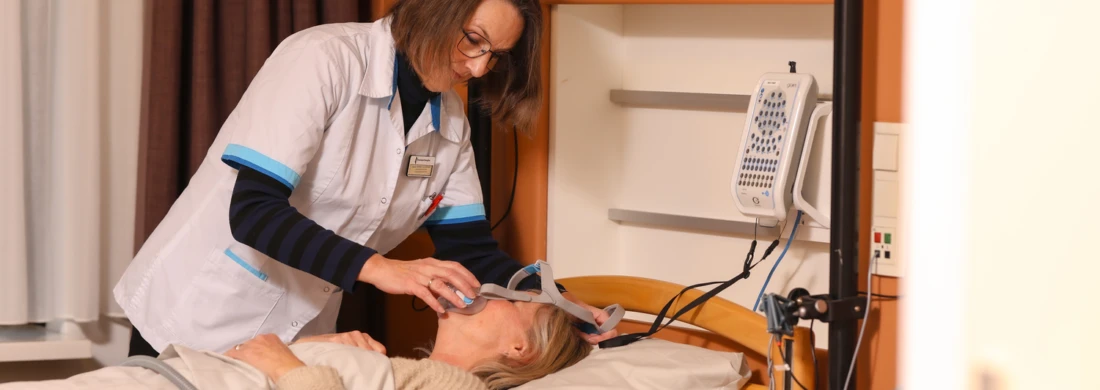What are sleep disorders?
Sleep: a period of rest that we need to physically and mentally recover. It is only when you don't sleep well that you realize how essential sleep is and how it's not as automatic as you might think.
Everyone has trouble sleeping at times or feels sleepy, tired, and irritable during the day. But if these issues persist for a long time, it may indicate a sleep disorder.
Causes and consequences of sleep disorders
A sleep disorder can be caused by a physical problem. However, it can also arise from other factors. The impact of sleep problems on how someone functions daily is different for everyone. Often, a person does not realize that daytime issues may be related to the quality of their sleep.
Types of sleep disorders
Currently, over eighty different sleep disorders are known. These can lead to various complaints, both at night and during the day. A sleep disorder can affect someone's mood, work, or school performance. There is no such thing as "the typical sleep patient." The impact of a sleep disorder on someone's functioning varies from person to person.
Sleep disorders are broadly classified into six categories:
- Insomnia (difficulty sleeping)
- Breathing-related sleep disorders (such as sleep apnea)
- Hypersomnia (excessive daytime sleepiness)
- Circadian rhythm disorders (disruption of the biological clock)
- Parasomnias (abnormal behavior during sleep)
- Sleep-related movement disorders
